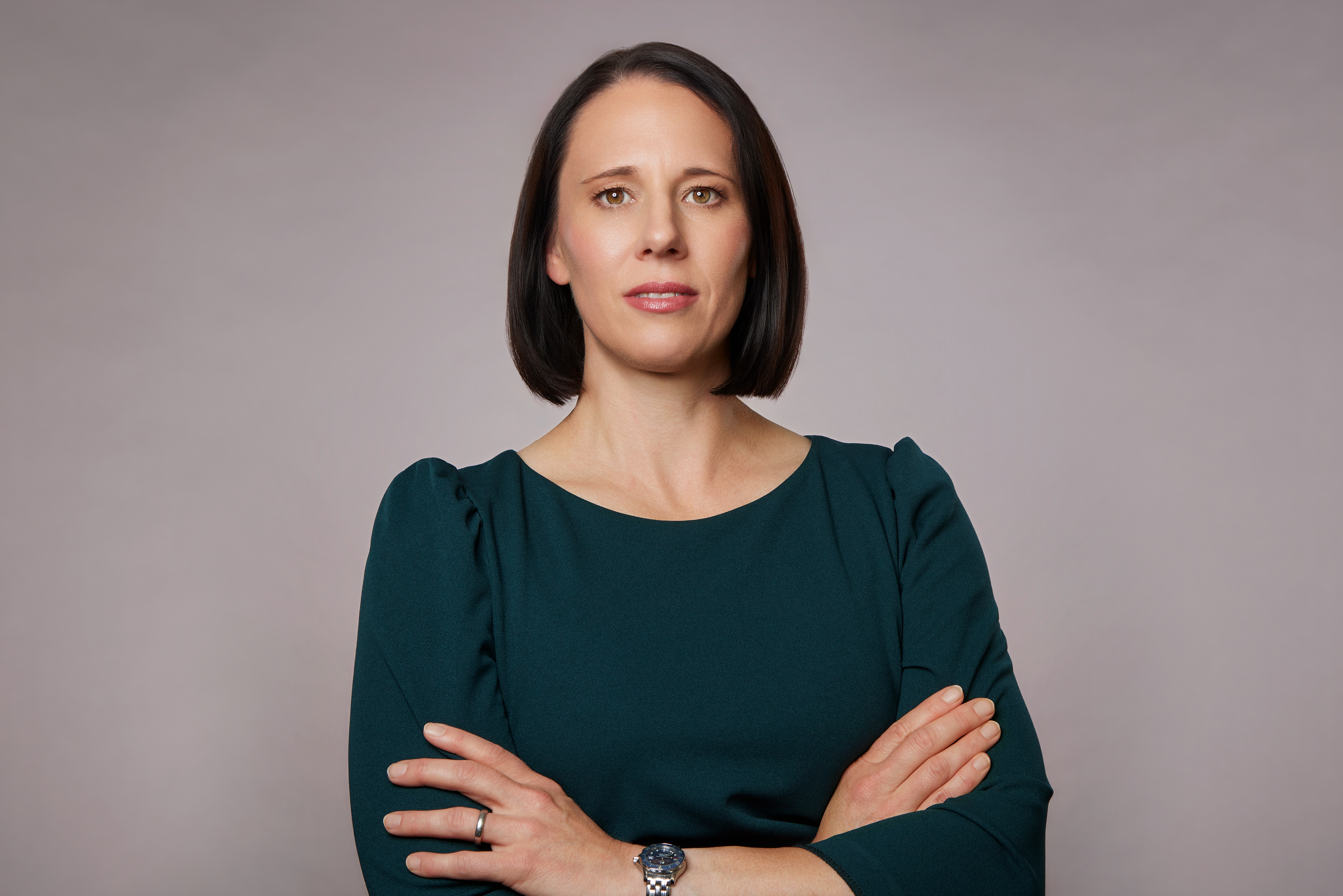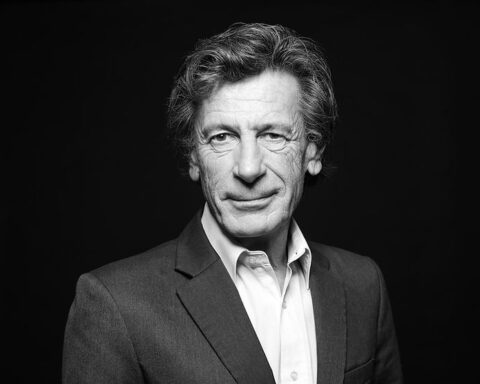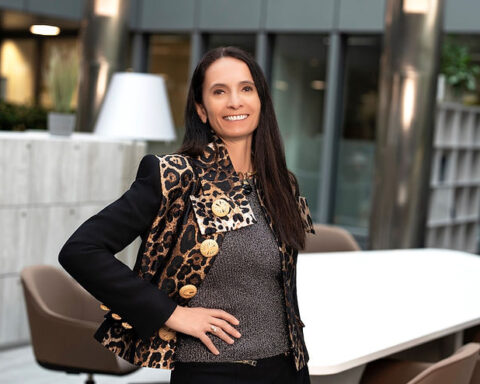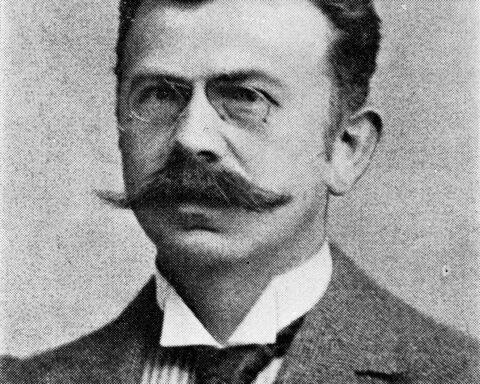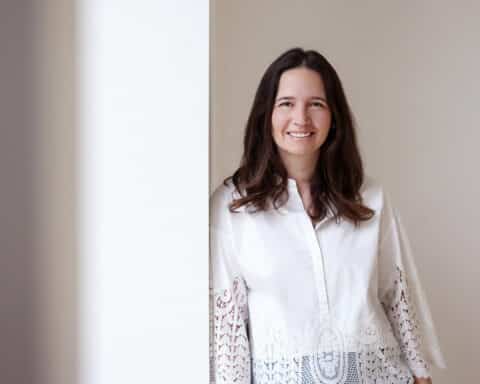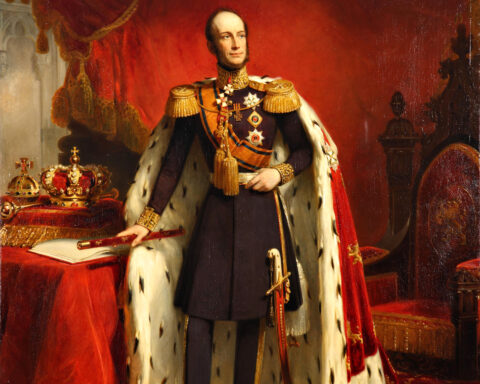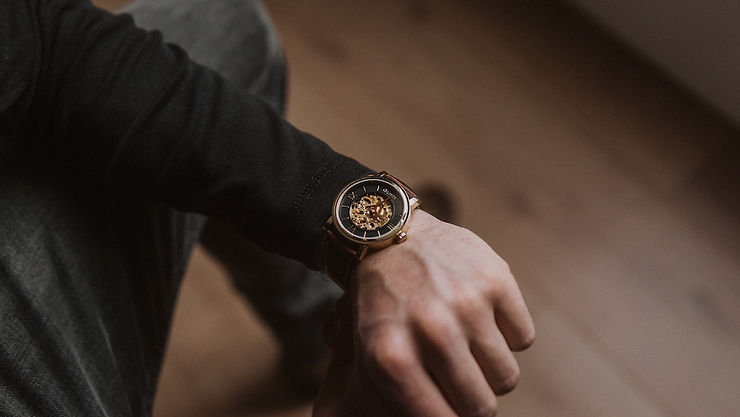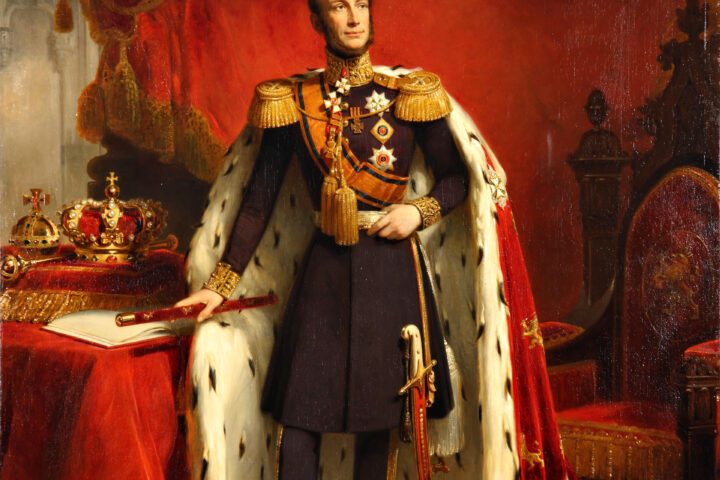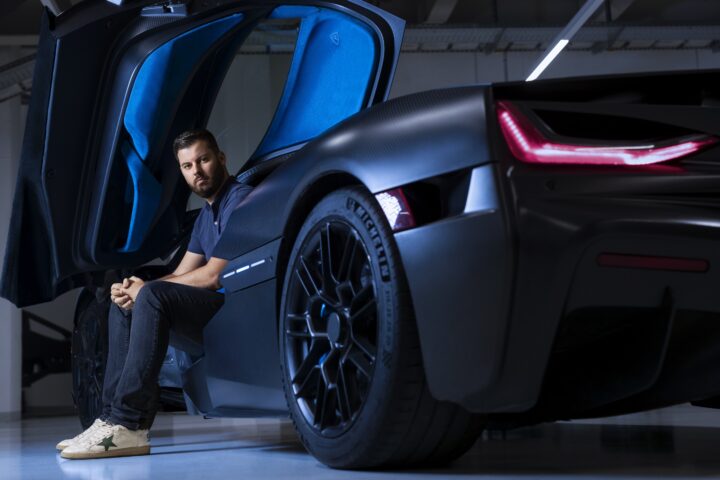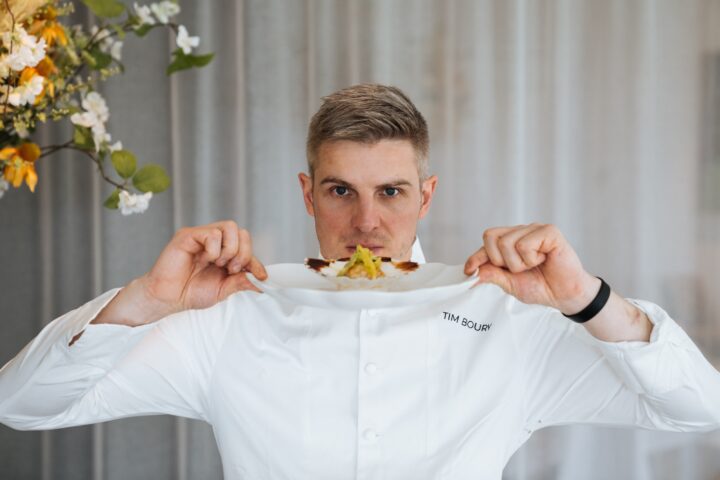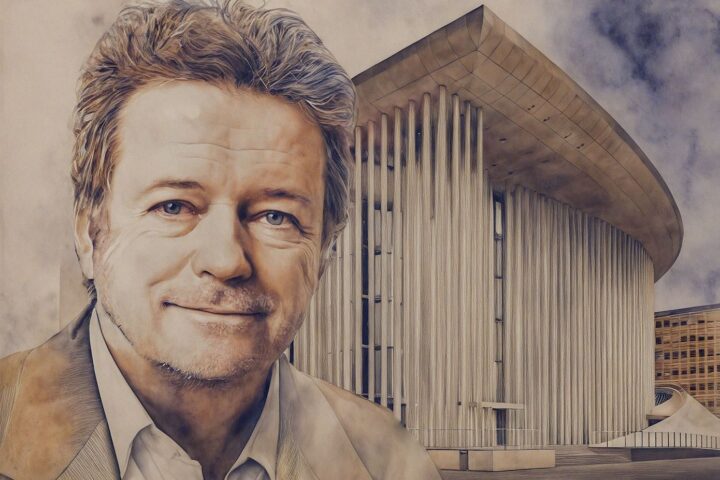Gen Z willing to spend big on luxury watches
Authenticity is key
High demand for ‘instantly recognizable’ watches
According to Deloitte, Gen Z and Millennials will continue giving up connected wearables such as the Apple Watch in favor of “instantly recognizable”, highly Instagrammable watches. Entrepreneurs like Christophe Hoppe — a Frenchman based in Australia, who founded the Baseule brand — have tapped into this trend. While made in Switzerland, his watches always incorporate “a piece” of Australia, from the sand of a northern Sydney beach to a tile from its famous opera house. Eco-friendliness being another key concern among Millennials and Generation Z, sales of second-hand Swiss watches are also booming. Deloitte predicts the second-hand watch market, which is currently valued at around CHF 20bn, could reach CHF 35bn by 2030. The trend is being driven by an increasing number of watchmaker-certified pre-owned watch platforms, and major brands such as Cartier, Piaget and Rolex are investing in the market.

